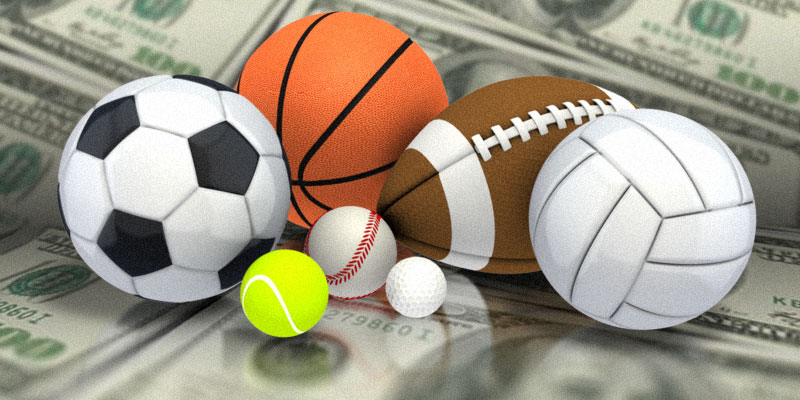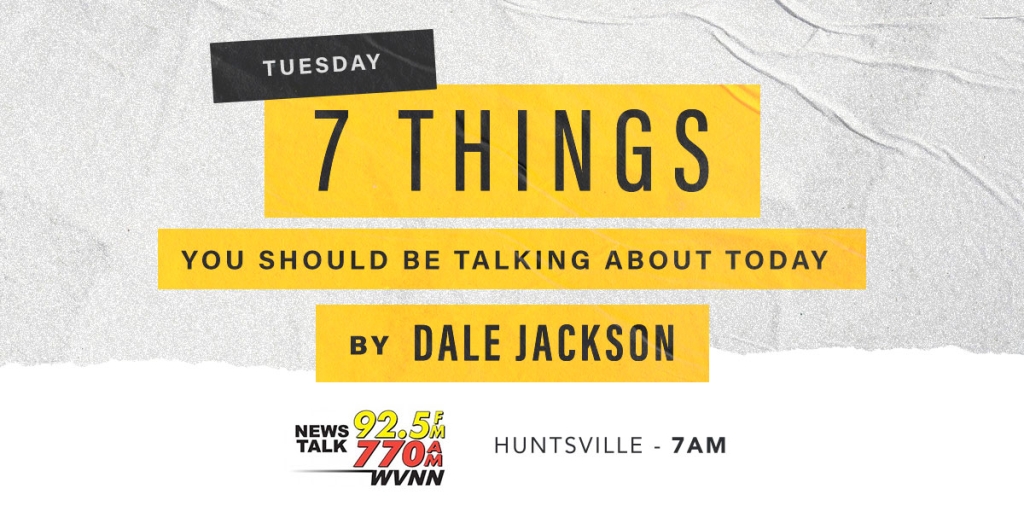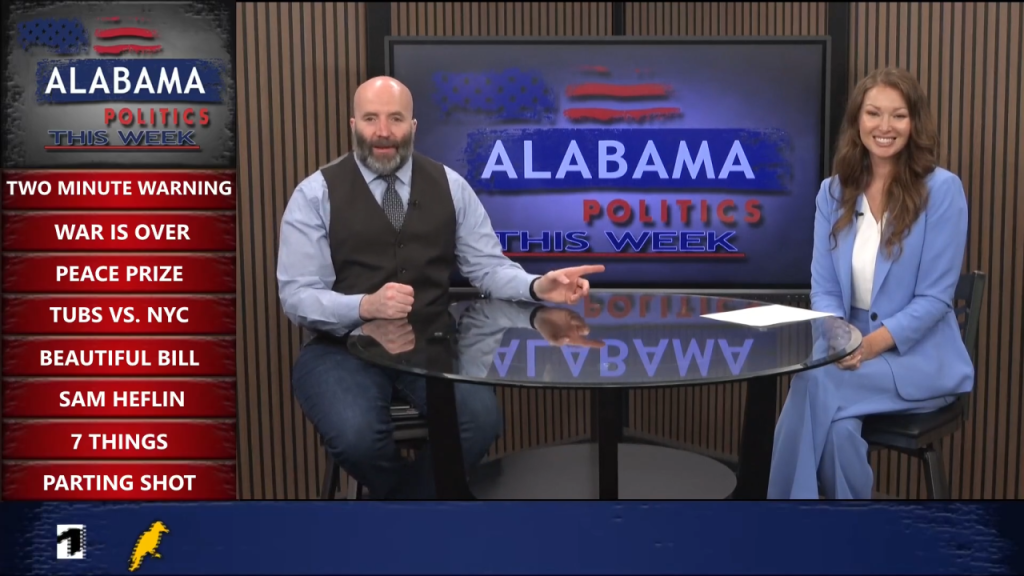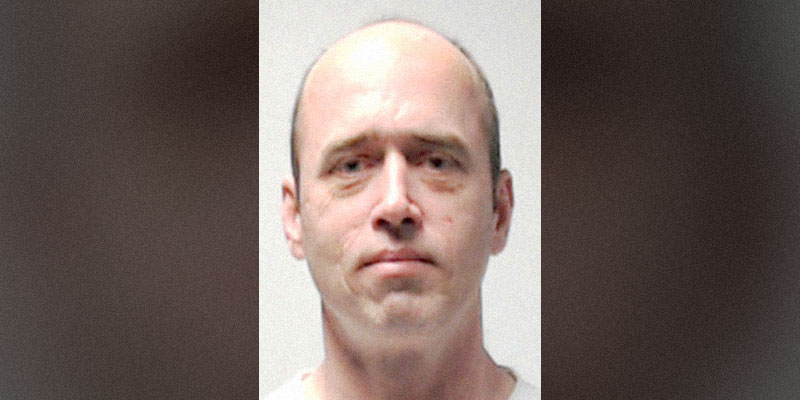Listen to the 10 min audio
Read the transcript:
SPORTS GAMBLING — NOW STATE DECISION
TOM LAMPRECHT: Harry, about two weeks ago, the United States Supreme Court decided to allow states to make their own decisions when it comes to sports gambling. The case Murphy v. National Collegian Athletic Association dealt with if the government had the right to impermissibly commandeer the regulatory powers of the states. The 3rd U.S. Circuit Court of Appeals rejected a New Jersey law back in 2016 ruling that the statute violated the Federal Professional and Amateur Sports Protection Act of 1992, which forbids state-authorized sports gambling.
Harry, if you look at states’ rights, this might be a good thing, but if you look at gambling, this might be a bad thing. What do you say?
HARRY REEDER: I have to side with the Supreme Court on this and this is an individual who is utterly opposed to any form of gambling authorized by the state, particularly when the state begins to build its revenue base from such activity.
I find the gambling dynamic as a significant and treacherous labyrinth. What this is likely to lead to, which is state-approved sports gambling, something that is, I think, rather frightening for professional and amateur sports as well as what happens in the lives of families and marriages.
It’s always the people who can afford this the least who are going to get the most involved with it. It’s not going to be a relief to the taxpayer — on the contrary, this is going to develop all kinds of expenses in the states that allow sports gambling.
SPORTS GAMBLING BACKGROUND
Let’s get back to the decision just for a moment. The PASPA Law, as it’s called from 1992, was building on past laws that had been embraced. Much of this goes back to the White Sox Scandal — or the Black Sox Scandal — where gambling got ahold and you had an entire World Series that allegedly, and more than likely, was affected by gambling. We all know about the “Say it ain’t so, Joe,” the “Shoeless Joe Jackson” fiasco and banned from sports, the commissioner comes in, Judge Kennesaw Landis, “I’ll rule him with an iron fist.” You walk into dugouts in minor league and major league ballparks and, as soon as you walk in the dugout, you’re going to see the listing that prohibits gambling and it will cost you your career.
Well, now, it looks like, as my friend Eric Johnson said, Pete Rose was just born out of season because that’s exactly what did him in and why he’s not in the Hall of Fame because he was found guilty of betting on sports events.
TOM LAMPRECHT: Well, don’t you think that will continue, though? They don’t want the players to get involved or the managers to get involved.
HARRY REEDER: Well, it’s going to be very difficult to outlaw it within the sport if they are not betting on themselves or their own teams. In other words, they’ll be able to go and bet on other sports or even bet on other teams within baseball. At best, you can only pass a rule within the professional team.
WHAT HAPPENS TO SPORTS WHEN GAMBLING IS INVOLVED
That’s obviously way down the road because now it goes to the states, but it’s very clear that the states are hungry for the revenue that sports gambling is going to bring. However, No. 1, when you open up sports gambling, you are going to find the manipulation of professional sports. Gamblers are a lot smarter and they are going to find a way to control the outcome of games. And it’s not always who is going to win or lose, but it’s the spread that they will try to control.
And, of course, it’s legendary how you get referees, how you get umpires, how you get a particular key pitcher. The guy that usually scores 30 points and that’s how his team wins, all of a sudden, he’s scoring 24 points. Well, what are you going to say to a guy that’s scoring six points less but that’s just enough to tilt the game. And that’s all out there on the horizon — everybody knows it and that’s why we have these regulations.
STATES’ RIGHTS?
Now, let me just say this is clearly the conservatives that are voting on this and they’re voting to strike down PAPSCA because they believe it’s a violation of the 10th Amendment, which means a violation of states rights that this is something that each state should do that you cannot have a federal law that can control the states.
If this now allows the states to move ahead — and there will be states that move ahead — not only are you going to find a degrading effect upon professional and amateur sports, cut you’re also going to find an impact in the lives of homes and families. Sports gambling may be the most addictive of all and, when people get involved in this and they get into the addictive behavior and they begin to lose the money, well, now we’re going to have welfare rolls, we’re going to have broken homes, we’re going to have children that are going to have to be taken care of, we’re going to have to provide counseling, we’re going to have marriage partners that are literally isolated because of the addiction in the life of their spouse.
GAMBLING DOES NOT RELIEVE TAX BURDEN
There’s no doubt that that’s what gambling is going to do. It’ll be promised, “We’re going to open up sports gambling, get the revenues for the state and that will lower the tax burden.” Lotteries don’t lower tax burdens and neither will sports gambling, but what they will do is they will target segments of society that are the least positioned to be able to engage in such activities.
You’re going to see it move among those who are thinking they can strike it rich really quickly with a sports bet and what they’re going to gain in their life and that’s going to set everything right. And sports gamblers are going to target these segments of society so it actually becomes a regressive tax on the people that can afford it the least. And it also will not provide revenue that will lower the other taxes, on the contrary, the other taxes are likely to go up because you’re going to have to deal with the social, marital, personal and familial effects of what these addictive activities are going to do.
GAMBLING IN ALABAMA?
Therefore, in a sense, I agree with the Supreme Court ruling because I think they were right that this was a violation of the 10th Amendment that invaded the states rights to make these decisions. Now, let me speak to my own state, Alabama: We actually have passed laws to prevent a state lottery and I am very grateful we have been able to do that now for 20 years. The gambling interest here is unbelievably strong trying to reach into our state and we’ve been able to stave it off because of the wording of our anti-lottery legislation in Alabama. Anything that involves chance such as sports gambling, our legislators cannot pass sports gambling — they will have to bring it as a referendum to the entire voting population of Alabama and it’ll have to go to the state for a vote. It can’t be done clandestinely through our senators and legislators. There are already 14 states lined up to pass this and my prediction is there’s going to be an avalanche of states moving now to approve sports gambling, amateur and professional.
TOM LAMPRECHT: And, Harry, there is so much talk right now of do we compensate athletes at the college level and, so far, the NCAA has opposed that. Now that you bring gambling into that, what is going to happen to these athletes that need extra cash? They’re going to be pretty vulnerable.
KEEP SPORTS WHAT THEY SHOULD BE
HARRY REEDER: The argument will be to remove the amateur status and now you’re going to have pay-for-play on the college level and the amateur level. That will be done as a supposed antidote to the ability of the gamblers to get ahold of the amateur players, but that will be insufficient, as well. It’ll just simply be, “Oh, you mean I’m making this amount of money for playing college baseball but if I let a few hits in and I throw up a few fat pitches, I can get that much more money?” There’s going to be a lot of young men put under some very significant pressure that we don’t need to have if we would just keep sports what they ought to be a training ground for life and not a fishing pole for those who try to manipulate the lives of others for their personal gain and the state that is willing to live off of degrading effects of gambling simply to try to garner its resources financially.
COMING UP FRIDAY: BIRTHRATE PANIC?
TOM LAMPRECHT: Harry, on tomorrow’s edition of Today in Perspective, I want to take you to an article out of The Wall Street Journal. American women are having children at the lowest rate on record with the number of babies born in the United States last year dropping to a 30-year low.
HARRY REEDER: And we’re going to look at something else, too, Tom, not only is our birthrate dropping 2 percent this last year and the implications of that, but also the fact that an increasing number of children are being born out of wedlock and now it’s become the discussion not, do we get married and should we have children, but let’s have children when we want to and then we’ll discuss whether we want to be married or not.
Dr. Harry L. Reeder III is the Senior Pastor of Briarwood Presbyterian Church in Birmingham.
This podcast was transcribed by Jessica Havin, editorial assistant for Yellowhammer News, who has transcribed some of the top podcasts in the country and whose work has been featured in a New York Times Bestseller.
Podcast: Play in new window | Download
Subscribe: RSS













